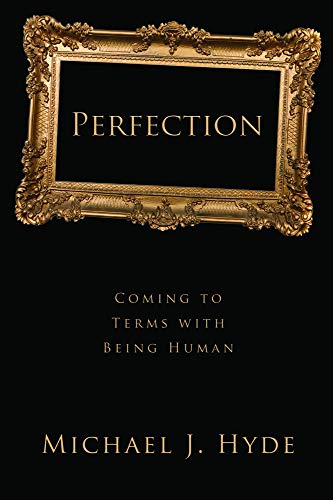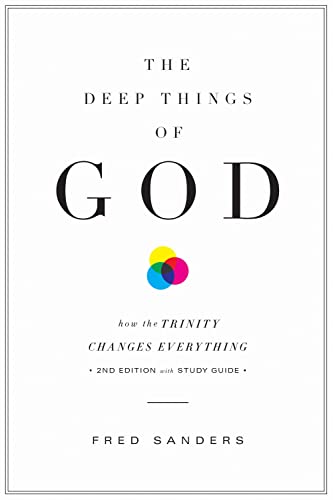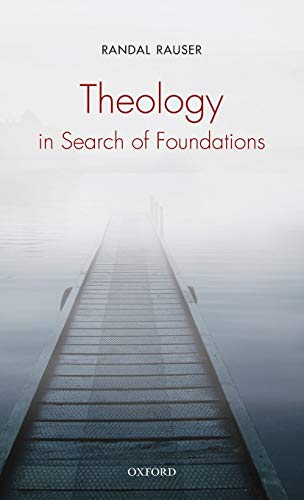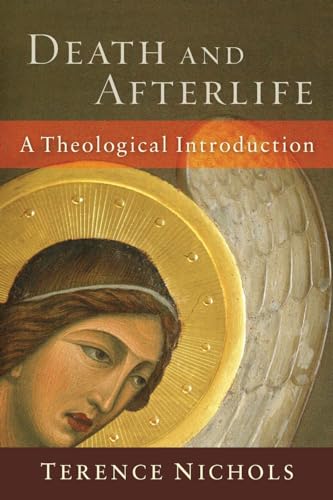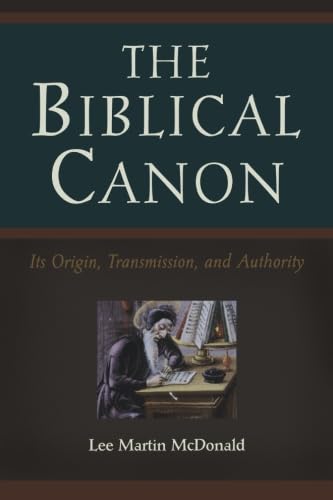The Minor Prophets in the New Testament
Written by Maarten J. J. Menken and Steve Moyise, eds. Reviewed By Christopher A. BeethamMaarten Menken is Professor of New Testament Exegesis at the University of Tilburg (The Netherlands), and Steve Moyise is Professor of New Testament at the University of Chichester (UK). The two have teamed up again to edit this fourth volume in the series ‘The New Testament and the Scriptures of Israel,’ which has thus far examined the use three OT books in the NT: Psalms (2004), Isaiah (2005), and Deuteronomy (2007). This is the first to examine an OT corpus. The intended readership is “scholars, teachers in the field of New Testament studies, postgraduate students and advanced undergraduates” (back cover).
As in previous volumes, the editors have assembled a team of scholars to contribute chapters in their areas of specialization. Following an introduction and a chapter that examines the use of the Minor Prophets (MP) in the second temple literature (Leonhardt-Balzer), eight authors each devote a chapter either to a book or a corpus of the NT: the Gospel of Mark (Breytenbach); Matthew (Ham); Luke-Acts (Van de Sandt); John (Menken); Paul (Moyise); Hebrews (Gheorghita); James, 1–2 Peter, and Jude (Jobes); and Revelation (Jauhiainen). The contributors investigate the NT quotations of and/or allusions to the MP within their respective assignments. Because there are no quotations or certain allusions to the MP in 2 Corinthians, Philippians, Colossians, 1–2 Thessalonians, the Pastorals, Philemon, or 1–3 John, these are not examined in the study.
In the introduction, the editors state that in specialist study of the OT in the NT, “there is no consensus on how terms like quotation, allusion and echo should be used, or indeed what methods or approaches should be applied” (p. 4). Therefore, they decided “to allow each contributor to use whatever methods and approaches that they find most illuminating for the particular text being discussed” (p. 4). This rich diversity is the strength of the work: eight specialists employ eight distinct approaches, offering studies upon eight different books or corpora of the NT. The study thus serves as a fantastic primer to the variegated state of the discipline and to a range of approaches currently employed therein. Furthermore, it highlights how different approaches to the use of the OT in a NT text can shed their particular light upon that use. For example, Menken’s careful attention to text-form differences between the quoted and quoting text in the use of Zech 9:9 in John 12:15 reveals what the author via his redaction wished to emphasize in the new context (pp. 80–85). Van de Sandt explores the original context of Luke’s quotations and demonstrates that “ignoring the contexts from which these quotations originate is to miss important intertextual echoes” (p. 57). Moyise highlights the dissonance between the original context of the MP quotation and the new context in the Pauline literature and thus raises the larger perennial questions concerning faithfulness to original context and the degree to which the apostle’s Christian presuppositions governed his reading of the OT. Gheorghita shows how attention to wider considerations such as Sitz im Leben and the broader literary context of the quoting text may bear fruit. Ham walks each quotation of the MP in Matthew through several steps: broad NT context, original OT context, its use in early and later Jewish literature, its use in early Christian literature, investigation of synoptic parallels, analysis of text form, and finally function in new context. (A similar approach is followed throughout G. K. Beale and D. A. Carson, eds., Commentary on the New Testament Use of the Old Testament [Grand Rapids: Baker, 2007].)
The diversity of approaches employed within the work is therefore not a shortcoming. True, the reader must retool upon completion of one chapter in order to read the next, for the approach of each contributor is distinct. The editors nevertheless did command a common structure for the chapters so that they generally follow an ‘Introduction—Quotations—Allusions—Conclusion’ format that provides some overall continuity. The shortcoming, rather, is the failure to discuss method and terminology on the part of several of the individual contributors in their ‘Introduction’ sections that begin their studies. The lack of consensus concerning terms and method, however, makes compliance to fundamental principles of scholarship urgent: each scholar simply must be explicit as to what it is he or she is doing methodologically within their own investigations and must define key terms in the process. Perhaps sensitive to the allusive nature of the material assigned to them—there are no MP quotations in James, 1–2 Peter, Jude, or Revelation—Jobes and Jauhiainen do offer some discussion (see also Menken, p. 80). The overall patchiness of discussion of method and terminology, however, is therefore the true weakness of the study. In this regard, the book reflects the exciting yet disheveled state of the discipline generally.
Future volumes may be more constructive if they robustly synthesize the important discoveries of the otherwise isolated chapters, such as the prevalence of Zech 9–14 upon NT thought. (Some general trends are mentioned briefly on pp. 4–5.) And a bibliography that compiled into one place all the cited works relevant to the OT in the NT would facilitate further study.
Keeping in view the criticism above, which is not insignificant, there is otherwise hardly a paragraph of chaff in the entire study. The contributors have carefully used their allotted space and packed their contributions with exegetical, intertextual, and theological insights. I detected only a single typographical error (of the Hebrew, p. 87). Technical in nature, some students and pastors will find the work arduous, and the price puts it out of reach of most of the same. The work reveals that the Minor Prophets, far from neglected, significantly inform NT thought and theology.
Christopher A. Beetham
Christopher A. Beetham
Ethiopian Graduate School of Theology and Evangelical Theological College
Addis Ababa, Ethiopia
Other Articles in this Issue
Most of our readers are theological students and pastors...
The Dazzling Darkness of God’s Triune Love: Introducing Evangelicals to the Theology of Hans Urs von Balthasar
by Stephen M. GarrettJürgen Moltmann observes that Christian theology and the Church face “a double crisis: the crisis of relevance and the crisis of identity...
Plots, Themes, and Responsibilities: The Search for a Center of Biblical Theology Reexamined
by Daniel J. BrendselIn the prolegomena to his “approach to biblical theology,” Charles H...
Since the mid-twentieth century biblical scholars have increasingly accepted that the texts of the Bible must be interpreted in terms of their literary genres...
The present age tends to regard polemics, theological controversies, and all-round doctrinal fisticuffs as, at best, a necessary evil, at worst, one of the most revolting aspects of Christianity...



